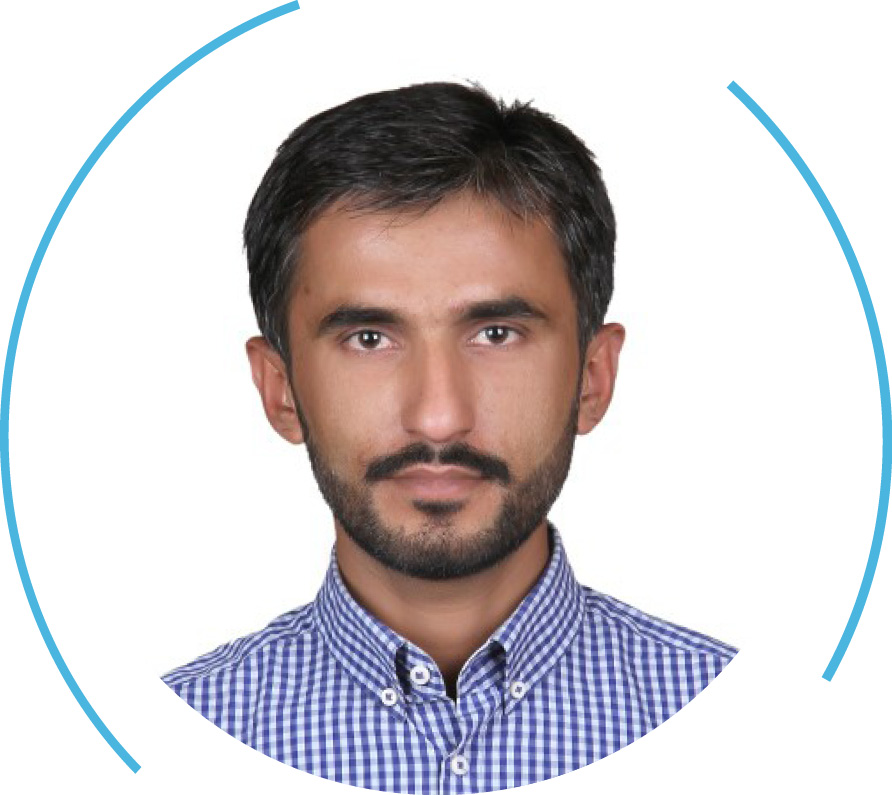Prof Dr Rana Zeeshan Haider
Associate Professor and Scientist,
The Sahara University, Narrowal-Punjab/ National Institute of Blood Diseases,
Karachi, Pakistan

Prof Dr Rana Zeeshan Haider
Associate Professor and Scientist,
The Sahara University, Narrowal-Punjab/ National Institute of Blood Diseases,
Karachi, Pakistan
Prof Dr Rana Zeeshan Haider received his degree in Clinical Laboratory Medicine in 2009 at the National Institute of Health (NIH) in Islamabad, Pakistan. He earned his master’s degree in Haematology in 2013 at Baqai Medical University, and later his Doctor of Philosophy (PhD) in Haematology from the National Institute of Blood Diseases and Bone Marrow Transplantation (NIBD).
He has several years of experience in diagnostics, academia and research setups using cellular and molecular approaches at the national and international level. Currently, Prof Zeeshan is an Assistant Professor at MBU, where he also supervises Master and PhD students. He is also a visiting Consultant Transfusion & Lab Clinical Scientist at the R & D department of NIBD.
Prof Zeeshan received the Gold Award during his master’s degree in addition to the 2019 ISLH (International Society for Laboratory Haematology) Berend Houwen Lecture Award in Vancouver-Canada, and Louis J Dunka Award from the AACC (The American Association for Clinical Chemistry) Annual Meeting in Washington DC-USA in 2020. In addition, Prof Zeeshan has published a few articles related to Artificial Intelligence in haematology oncology and Covid-19.
Modern complete blood count (CBC) or the haematology analyser includes extended analytical channels that extends beyond simple blood cell counting. This has ushered in the paradigm shift in basic laboratory diagnostics to build new capabilities to support various clinical management. In the era of big data and healthcare integration, our team has started to address complex clinical questions with straightforward haematology parameters. Combining instrument routine flags, scattergram interpretation and various research parameters, we have used machine learning to understand each unique “disease fingerprint” that supports healthcare surveillance, early detection of haematological malignancies and generating complex models to provide subclassifications of diseases. This lecture addresses the need to understand how a simple blood test can be fully exploited to build the next artificial intelligence. It will complement how clinical management is performed today.
Clicking on a social media link implies that you understand you are leaving our site and entering a third-party website. We are not responsible for their content, privacy policies, or terms of use. Please review their terms and privacy policy before proceeding. We do not endorse or control the third-party website and disclaim any liability for damages or consequences.